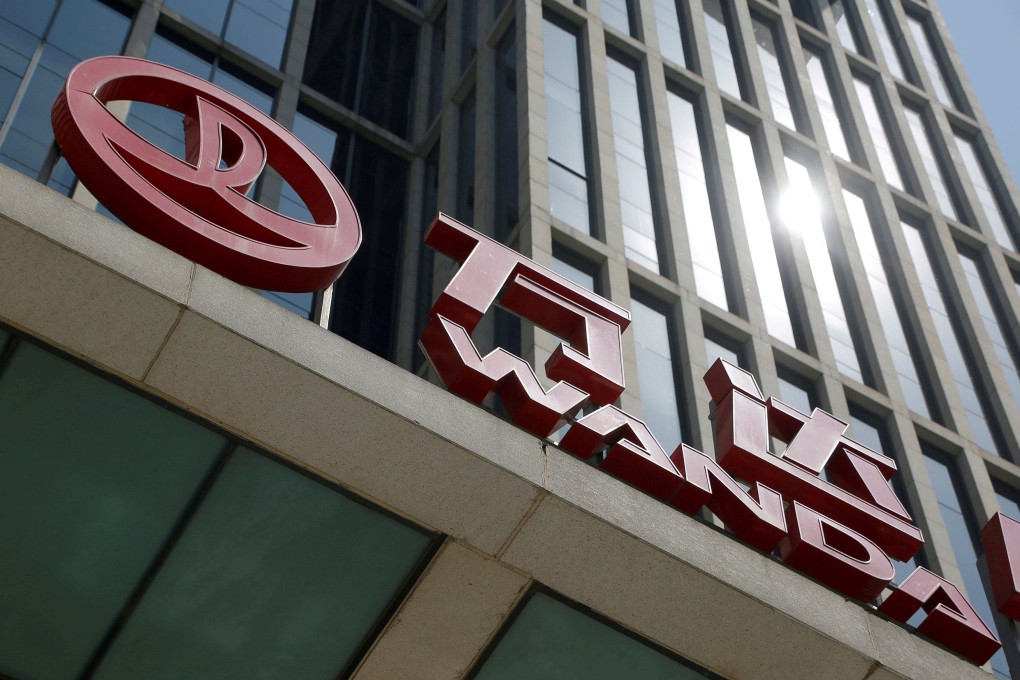Wanda Group raises funds from Beijing Investment stake sale as US$400 million bond matures
- China Ruyi Holdings agreed to buy a 49 per cent stake in Beijing Wanda Investment through its unit Shanghai Ruyi Television, according to an exchange filing on Sunday
- A US$400 million bond of Wanda Commercial Management Group, an affiliate of Wanda Group, was due on Sunday

Dalian Wanda Group, China’s biggest commercial property developer, may avert a bond default after it agreed to sell a stake in a wholly owned subsidiary to raise 2.26 billion yuan (US$314.4 million), its third stake disposal in its units this month that underscores its liquidity stress amid mounting debt-servicing pressure.
The proceeds from the stake sale in Beijing Wanda Investment will be used to service a US$400 million bond of affiliate Wanda Commercial Management Group that was due on Sunday, Reuters and Chinese media The Paper reported, citing unidentified sources.
After the stake transfer, Wanda Group will control 49.8 per cent of Beijing Wanda Investment while founder Wang Jianlin still owns 1.2 per cent.
It is the third time that billionaire Wang has offloaded assets within Wanda’s subsidiaries this month. Beijing Wanda Investment sold a combined 357 million shares, or a 16.4 per cent stake, in Shenzhen-listed Wanda Film Holding in two separate deals in July. It currently has a 20 per cent stake in the cinema operator.
